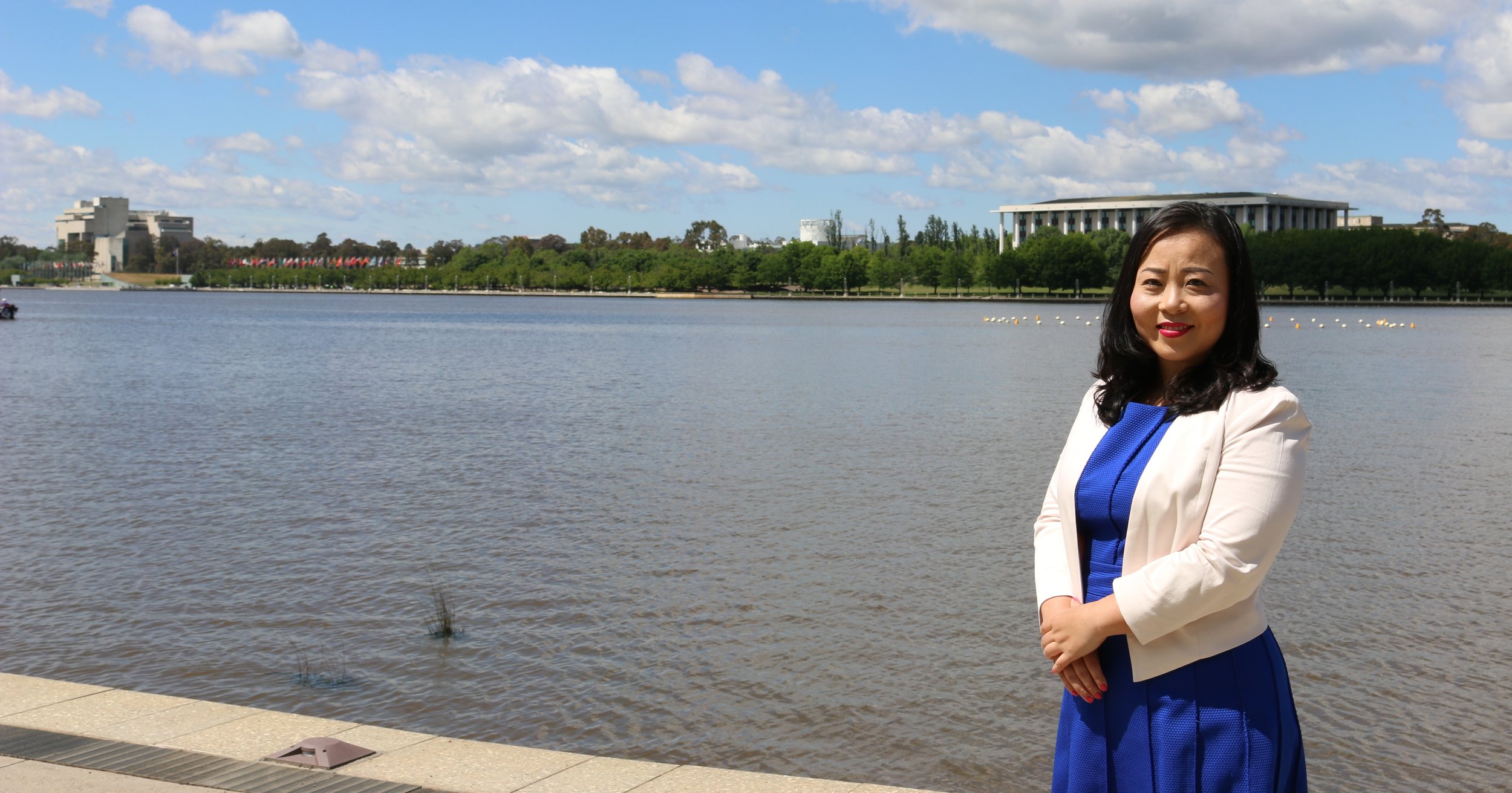Since 1972, the Women’s Electoral Lobby has made the case that women should be at the political decision-making table.
Nearly five decades later, a record number of women have been elected into the ACT Legislative Assembly, as 14 women take their place at the 25-seat table, and make up the majority in Cabinet.
We have now had a woman as Prime Minister, as Governor General, and as the Premier or Chief Minister of most state and territory governments. But what we have always demanded are progressive policies that are good for women, not just women in political leadership.
That’s why women campaigned for a Whitlam Labor Government in 1972. It’s why we lobby and advocate for better Federal Budget outcomes for women in 2020, rather than just a woman as Treasurer. Having a woman making decisions is all very nice, but it’s meaningless if those decisions are not lifting up all the women who aren’t part of the decision-making process. Free university education, access to sexual and reproductive healthcare, subsidised childcare, and legislating against discrimination have made a lasting difference to the lives of millions of Australian women.
A smart woman once said that gender doesn’t explain everything, it doesn’t explain nothing, it explains some things.
A smart woman once said that gender doesn’t explain everything, it doesn’t explain nothing, it explains some things. Political leadership that doesn’t include life experiences common to half the population is likely to be less empathetic to the difficulties women face.
This week, the ACT Legislative Assembly established a Standing Committee on Economics and Gender and Economic Inequality. This committee is charged with considering the gendered impacts of all ACT Government programs and policies. It’s a tool we can use to transform gendered stereotypes about paid and unpaid work, transport use, housing access, small business ownership, the arts, education, and much more. Over time, being able to examine the gendered impacts of government decisions will help policymakers evolve their processes to consider these issues before implementing them.

Emma Davidson is a member of the ACT Legislative Assembly.
Thinking through the impacts of a decision is easier for anyone who is more likely to be affected. Which is an excellent reason to include more women, especially women from diverse backgrounds and with a wide range of lived experience.
Women are variable, of course. Some women are mediocre, or worse, just like some men. In the years I’ve spent walking the corridors of Parliament House to talk about solutions to housing affordability or early childhood education or violence against women, plenty of Labor and Liberal women have failed to see beyond their own privilege.
Progressive women are good for democracy, and good for the communities they represent.
But I’ve also seen plenty of strong, skilled women achieve real change. Progressive women are good for democracy, and good for the communities they represent.
For some people, the idea of women’s leadership is still a novelty. Even in 2020, even though it’s been done many times already, and even when everyone in town knows it’s overdue.
To see the ACT Liberals elect an all-women leadership team with a multicultural woman at the helm is a welcome change. For a party that has spent years looking backwards instead of forwards, the new leadership team may be a shock to some.
The good news is that once we make one choice that breaks the pale, male, and stale pattern, it is so much easier to see all the opportunities for greater diversity.
Why not have more leaders from our LGBTIQA+ community, leaders with disability, who never went to university, who are First Nations people, under 30 years old, from our multicultural communities? We start to see the whole person, with all their skills and strengths.
Just as important as who leads, is who listens. It’s not enough to put a progressive woman out front if she just repeats the same old slogans.
Just as important as who leads, is who listens. It’s not enough to put a progressive woman out front if she just repeats the same old slogans. Growth and progress, like all trickle-down myths, does not come from a good leader and spread down into the membership.
Lasting change always comes from the grassroots up, with fresh policies and genuine engagement with the people impacted by the decisions our elected representatives make. It would be a wonderful thing to see the evolution of a hard-right, traditionalist party into a truly progressive policy powerhouse as the result of women’s leadership.

Elizabeth Lee heads up an all-female leadership team for the ACT Liberals.
But those of us who have been doing this work for decades know that it takes more than one or two good people to achieve cultural change in an organisation. You can’t lead someone who doesn’t want to come with you on the journey.
Our democracy is only ever what we make it. We all need to roll our sleeves up and get to work if we want our government, and our community, to be better.
I encourage you all to virtually attend Tuesday afternoon’s “How Women Won Canberra” event, where my colleagues Environment Minister Rebecca Vassarotti, Health Minister Rachel Stephen-Smith and Opposition Leader Elizabeth Lee discuss how and why women achieved an historic high at the 2020 ACT election and how they will implement progressive policies that are good for all women.
Emma Davidson was the Convenor of Women’s Electoral Lobby until her election to the ACT Legislative Assembly with the ACT Greens in October 2020.
The post Women in politics: Pursuing progressive policies appeared first on BroadAgenda.
This post was originally published on BroadAgenda.

